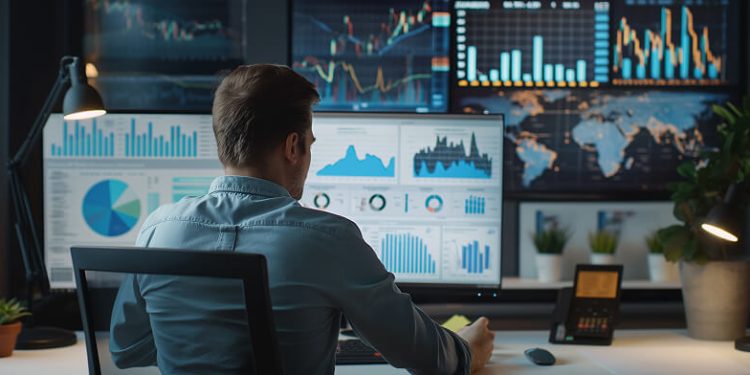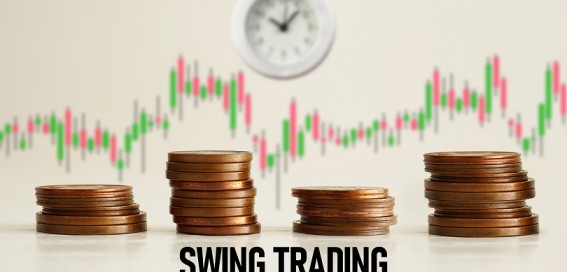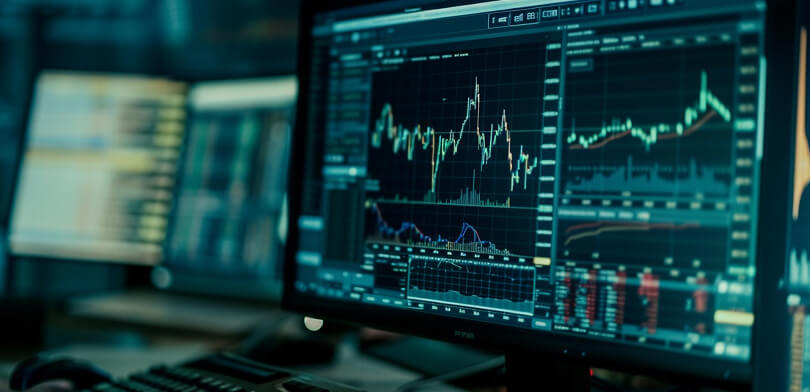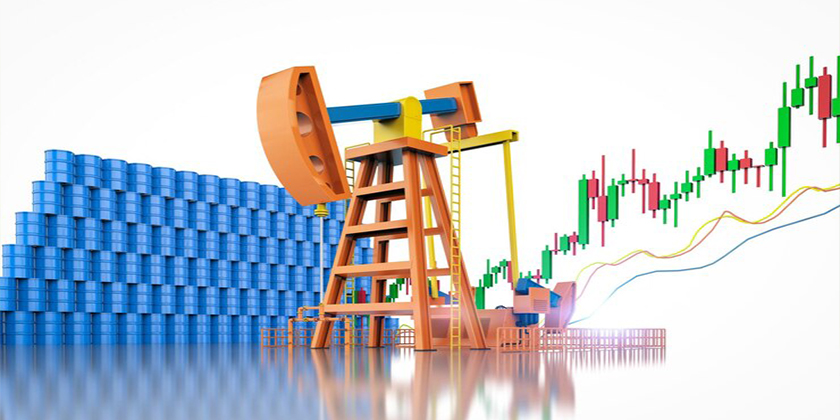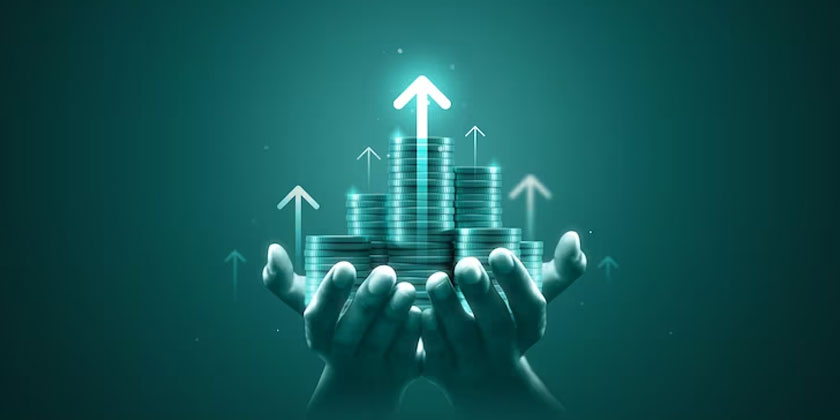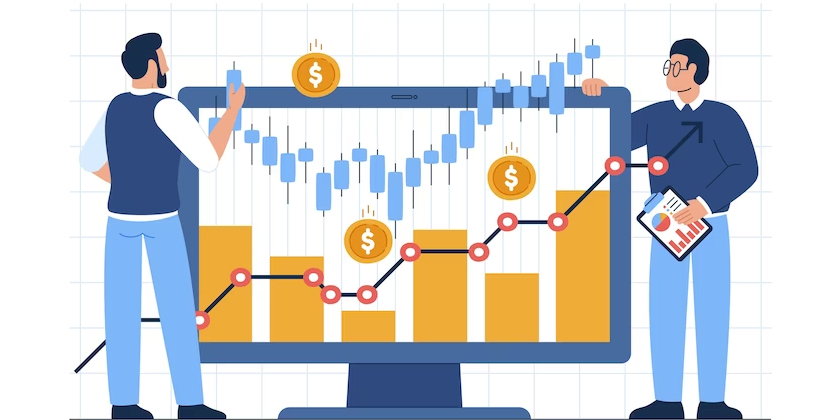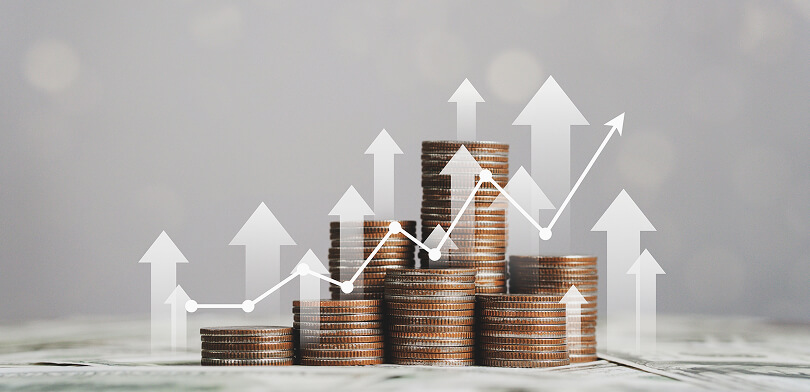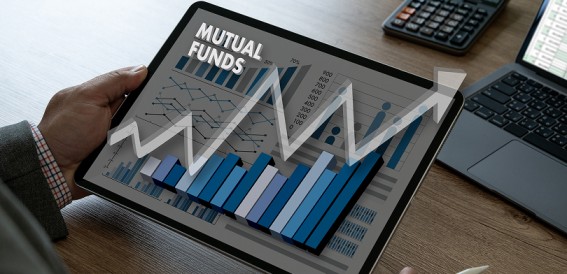Futures are preferred by traders wanting to take advantage of price movements. Adding futures contracts to your portfolio will lead to diversification. However, you cannot invest in these financial contracts without knowing the types of futures. Also, understand the difference between futures and options before making a decision. All types of futures contracts obligate the investor to purchase or sell an underlying asset on a predetermined date (expiration date). Also, there is a strike price (the predetermined price) for both options and futures contracts. An options contract will give you the right, but not the obligation, “to sell/buy the underlying asset at the strike price. Let us now understand different types of futures in detail.
Explore various types of futures contracts, such as commodities, currencies, and stock indices. Each offers unique benefits and risks. Before trading, ensure you understand the underlying asset and market dynamics. For beginners, it’s essential to open a new demat account to facilitate seamless futures trading.
Topics Covered :
Types of Futures
Here are the types of futures contracts to know:
-
Commodity Futures
You already know that a futures contract’s value is based on an underlying asset. When the underlying asset in a futures contract is a commodity, it is called commodity futures. Commodities are physical assets like oilseeds, metals, grains, and natural gas. There are many categories of commodities, like agricultural, metals, edible oil, energy, and power commodities. Investors are obligated to sell or purchase a given quantity of commodities on the due date with a futures contract. Also, the price of the underlying commodity in the contract is predetermined.
Besides knowing what is commodity futures, it is essential to understand the settlement process. Many commodity futures contracts are settled in cash. It is done by paying the difference between the strike price and the current market price (spot price). However, some commodity futures involve the physical delivery of raw materials. For instance, barrels of crude oil might be delivered to settle a futures contract. A commodity futures contract is highly standardised with specific details regarding the commodity, strike price, and expiration date.
-
Currency Futures
Understanding what is currency futures can help unlock more investment opportunities. Currency futures are derivatives based on currency pairs. Similar to commodity futures, currency futures are also highly standardised. Currency futures obligate the investor to sell or purchase a given quantity of one currency in exchange for another. Currency-related risks can be managed with the help of such derivatives. Not to forget, investors can indulge in price speculations and benefit from currency price movements. Investors can hedge their portfolio from exchange rate fluctuations with currency futures.
Recommended Read: What are Currency Derivatives
Like any other contract, currency futures will have a predefined expiration date. Each currency futures will be based on a currency pair. The quantity of the base currency is mentioned in the contract.
For instance, a futures contract based on INR/USD will have a contract size of INR, let us say INR 10,000. The exchange rate will also be predetermined in the futures contract. The loss or gain at the end of the contract is usually settled in cash. By understanding what currency futures are and utilizing platforms for currency trading online, you can potentially earn decent returns. Remember, currency futures are highly liquid and can be easily brought or sold.
-
Stock Futures
When the underlying asset of futures contracts is stock, they are called stock futures. When you invest in a stock futures contract, you are agreeing to purchase or sell stocks on the expiration date at a predetermined strike price. The quantity of the stock is also predetermined in the futures contract. The stocks belong to a particular company (single-stock futures) or multiple entities. A stock future will help speculate on price movements. Also, it will help hedge a portfolio against rising or declining stock prices.
Understanding what are stock futures is essential for effective risk management. Price or market volatility risks can be effectively managed with the help of stock futures. Let us understand the risk management process with an example. Let us say you are worried about declining stock prices. Based on research, you have identified that the value of stocks in your portfolio will plummet. You invest in a futures contract to sell stocks at a predetermined rate. Even if the stock rates plummet in the future, you get to sell them at a predetermined price, which might be higher than the spot price.
Must Read: Understanding Demat Account
Explore various types of futures contracts, such as commodities, currencies, and stock indices. Each offers unique benefits and risks. Before trading, ensure you understand the underlying asset and market dynamics. For beginners, it’s essential to open a new demat account to facilitate seamless futures trading.
-
Index Futures
Index futures arrived earlier than stock indexes in India. By understanding what stock futures are, you can speculate index movements. You might be familiar with popular indexes in India like Sensex and NIFTY50. You can benefit from rising or plummeting index values with index futures. You cannot directly invest in these indices in India. However, you can invest in financial products associated with these indices, like futures contracts. Index values change daily, and you benefit from price movements with futures contracts.
New investors must understand what are index futures and how they work before making a decision. The difference between the predetermined index value in the contract and the value on the expiration date is calculated. The difference is then multiplied by the contract size to evaluate the profit. The contract size is usually ‘n’ times the index value. For example, let us say the contract size of a futures contract based on NIFTY 50 is 75. It means every single index value (1) is worth INR 75.
-
Interest Rate Futures
Interest rate futures allow investors to speculate on interest rate movements. Investors often use futures contracts to hedge against interest rates. The underlying asset in interest rate futures can be a government bond or securities index. Securities that act as a benchmark for debt instruments in India are used in futures contracts. The difference between the contract price and the current market interest rate is measured at the time of settlement. Popular stock exchanges like NSE and BSE allow investors to trade interest-rate futures.
Besides the aforementioned types of futures, you can also find weather, real estate, freight, treasury, and bitcoin futures in financial markets. One must research the availability of different types of futures contracts before making an investment decision. Learn more about futures contracts right away!

